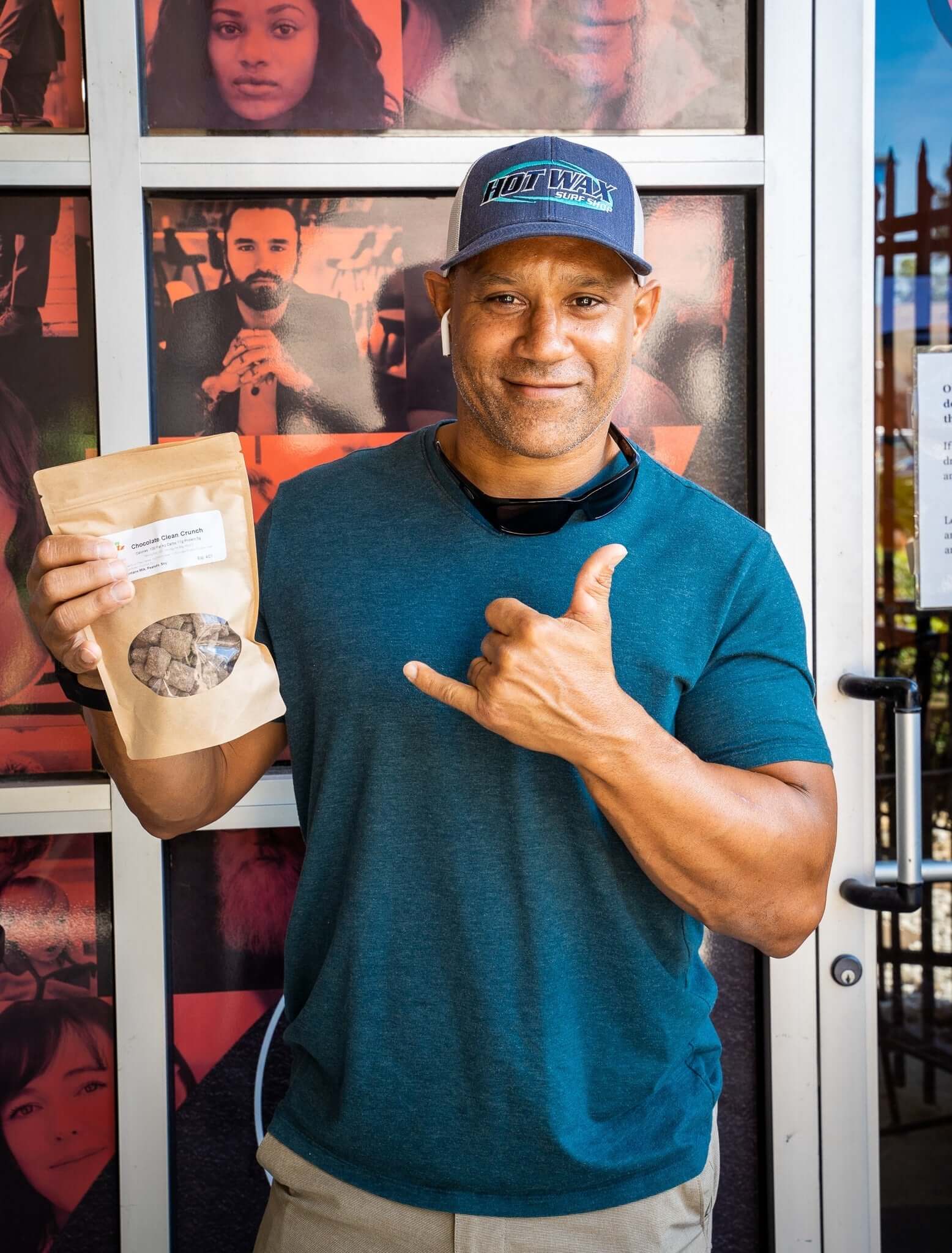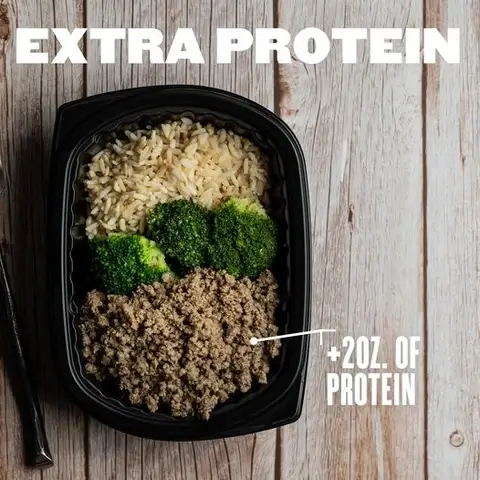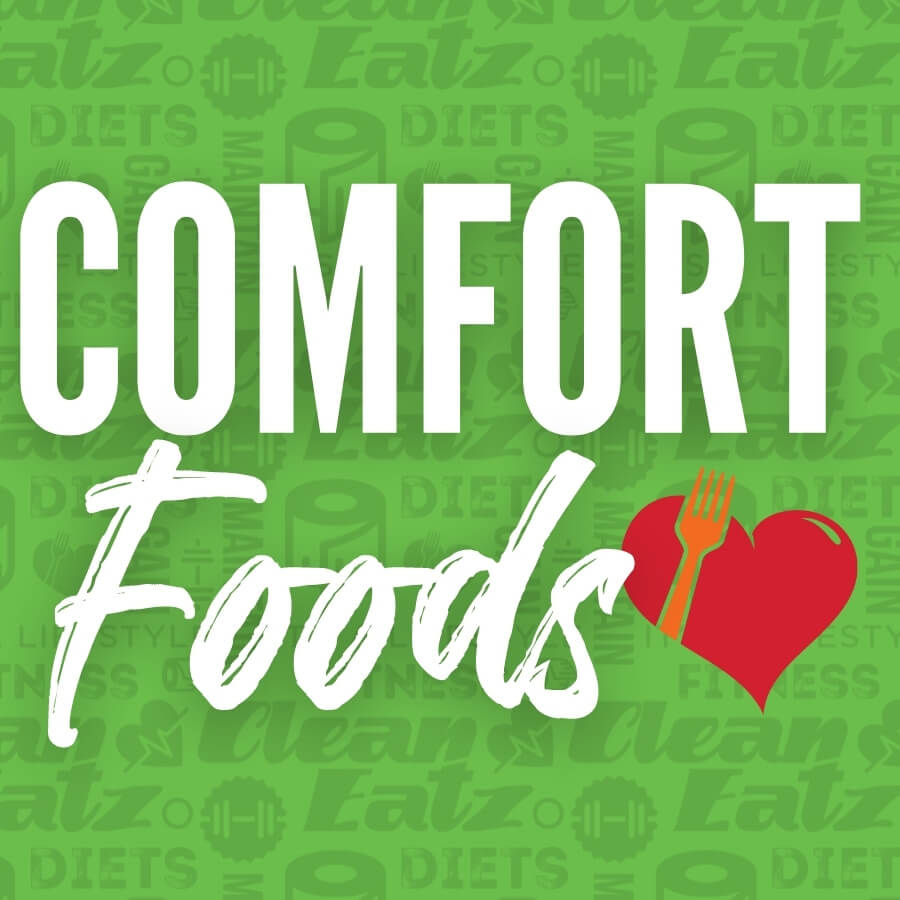
Why Do You Eat Less as You Get Older? Debunking Myths
Crystal Zabka-Belsky, MS, RDN, CSSD, LMNT, LDN
Nutrition
|
Healthy Lifestyle
5 minute read
"Why do you eat less as you get older?" is a question many aging adults ponder. One of the primary reasons is the natural decline in metabolic rates as people age. This results in a reduced number of calories burned daily, indicating that they require fewer calories to maintain their current weight. In this article, we'll dive deep into the many reasons for this and the right diets for aging adults that will benefit them the most.
Changes in Hydration and Body Composition
With advancing age, total body water content diminishes, emphasizing the need for regular hydration. Maintaining adequate hydration is essential for optimal heart function, regular digestion, effective medication outcomes, and overall well-being.
Moreover, the protein content in an older body is often lower than that in younger ones. This fact brings forth another aspect of "do you eat less as you get older" - the importance of consuming enough protein. Ensuring adequate protein intake is crucial to mitigate muscle loss, skin fragility, a compromised immune system, extended healing periods, and the onset of osteoporosis.
Nutritional Needs and Aging
Why do you eat less as you get older? One reason is that aging increases the likelihood of deficiencies in essential nutrients like calcium, Vitamin D, Vitamin B-12, iron, and magnesium. Addressing these deficiencies through proper nutrition can help combat the aging process. Additionally, do you eat less as you get older due to increasing risks for heart disease? The importance of choosing low-sodium and low-fat foods supports this notion.
Diet Recommendations for Aging Adults
To understand "why do you eat less as you get older", we must consider the changing needs of the body. As individuals age, addressing the increased protein needs and potential Vitamin B-12 deficiencies becomes crucial. This brings up the question, "do you eat less as you get older?" and highlights the importance of adapting our dietary choices.
- Healthy animal protein sources: chicken breasts, lean beef, salmon, eggs
- Low-fat dairy: Complements the function of protein-rich foods and addresses calcium and Vitamin D needs
- Nuts, seeds, and dried fruit: Enhance iron and magnesium intake and promote optimal digestion with their high fiber content
Snack Ideas Tailored for Aging Adults
Cran-Pineapple Peanut Butter Protein Balls
- Ingredients: 3 c whole oats, 2/3 c dried cranberries, 2/3 c dried pineapple, 2/3 c ground flaxseed, 1 c omega-3 peanut butter, 2/3 c honey, ¼ c honey-roasted peanuts, 2 Tbsp vanilla extract, 2 Tbsp almond extract
- Directions: Mix all ingredients and shape into 30 balls using an ice cream scoop. Chill in the refrigerator.
- Nutrition: 150 kcal and 5 grams of protein per ball.
Nutty Beef Jerky Trail Mix
- Ingredients: ½ c honey-roasted peanuts, ¼ c beef jerky, ¼ c chocolate peanut candies, ¼ c dried pineapple, ¼ c dried craisins
- Directions: Mix all ingredients and divide among four containers.
- Nutrition: 212 kcal and 8 grams of protein per serving.
Concerns About Aging and Diet
For those wondering, "Do you eat less as you get older?", and are concerned about their diet, it's advised to consult with a dietitian on:
- Daily fluid intake
- Protein consumption to support healthy aging
- Calcium and Vitamin D intake levels
- Dietary changes for heart health based on a physical assessment
- Blood work results indicating specific nutritional needs
- Suitable vitamins or supplements for one's age
Conclusion
Understanding 'why do you eat less as you get older' is crucial because of the evolving nutritional needs with age. Decreasing metabolic rates are associated with reduced calorie consumption as people age. This article looked at the effects of protein intake, hydration, and vitamin deficits. The necessity of choosing nutrient-rich foods, especially for heart health, increases. The suggested snacks provide attainable solutions. For individualized guidance, talking to a dietician is recommended. Adults in their latter years can efficiently maintain their health by paying attention to these factors.
FAQ
Should you eat more or less as you get older?
Elderly individuals typically require fewer calories yet may need the same or even more nutrients than their younger counterparts. This shift can be attributed to reduced physical activity, metabolic alterations, or the decline in bone and muscle mass associated with aging.
Should I eat less as I age?
The fundamental bodily functions demand less energy as we age, and there's also a reduction in muscle mass during our later years. A combination of reduced physical activity and this muscle loss means we need fewer calories. Yet, even as our calorie needs decrease, other dietary components might need to be enhanced.
Do you naturally eat less as you get older?
The amount of food and drinks consumed daily tends to decrease with age. Factors such as slower digestion, changes in hormonal reactions, a reduced base metabolic rate, and changes in our senses of taste and smell due to aging can play a role in this decreased energy consumption.
Can eating less lead to health problems in older people?
Undoubtedly, eating too little can affect an aged person's health in a number of ways. Maintaining a healthy diet is essential for general wellbeing, especially as one gets older. Many health problems might arise from eating less than is necessary.
Related Articles
COVID-19 Diet: Battle Covid-19 Through a Healthy Diet
4 minute read
Craving Comfort Food: Root Causes
6 minute read



